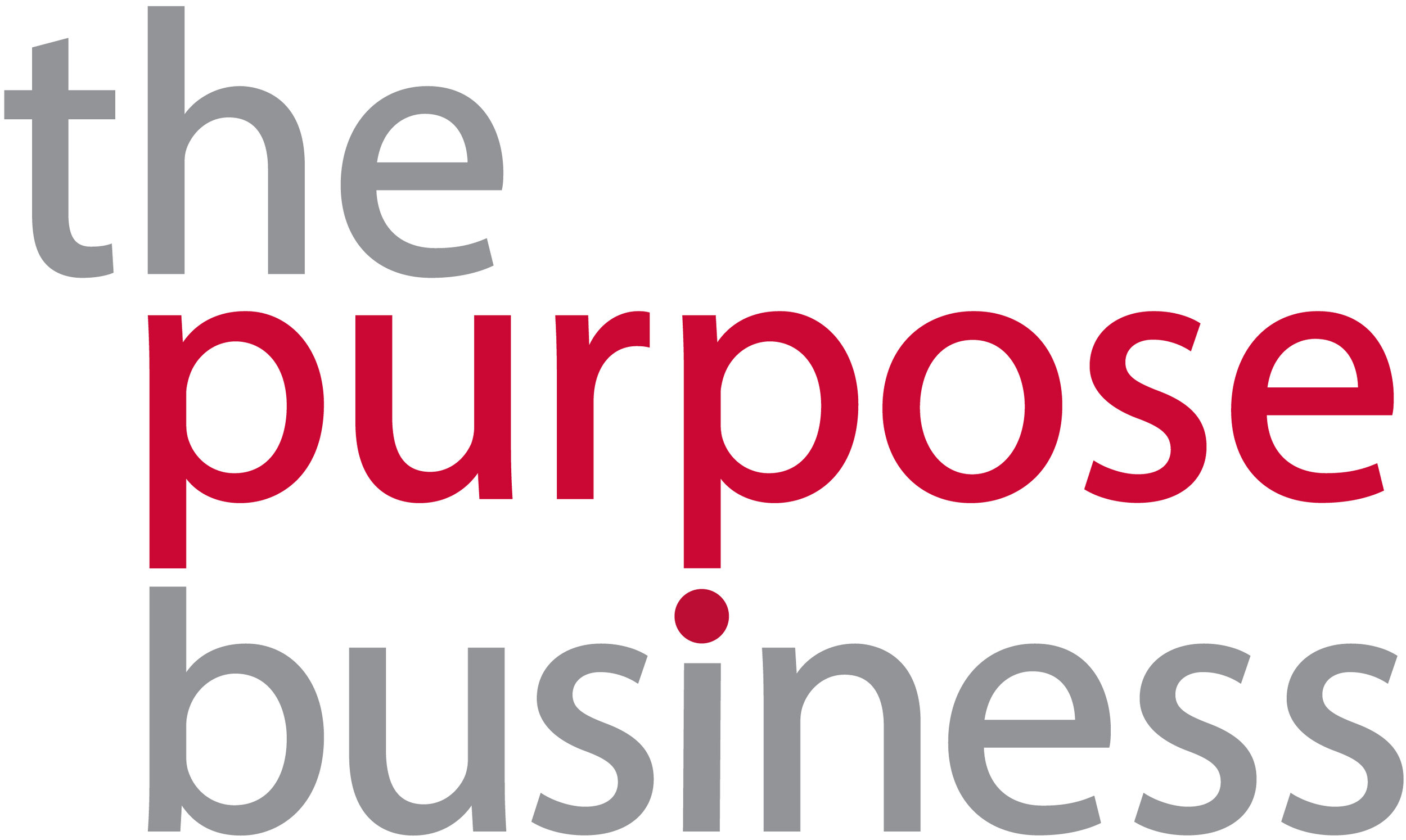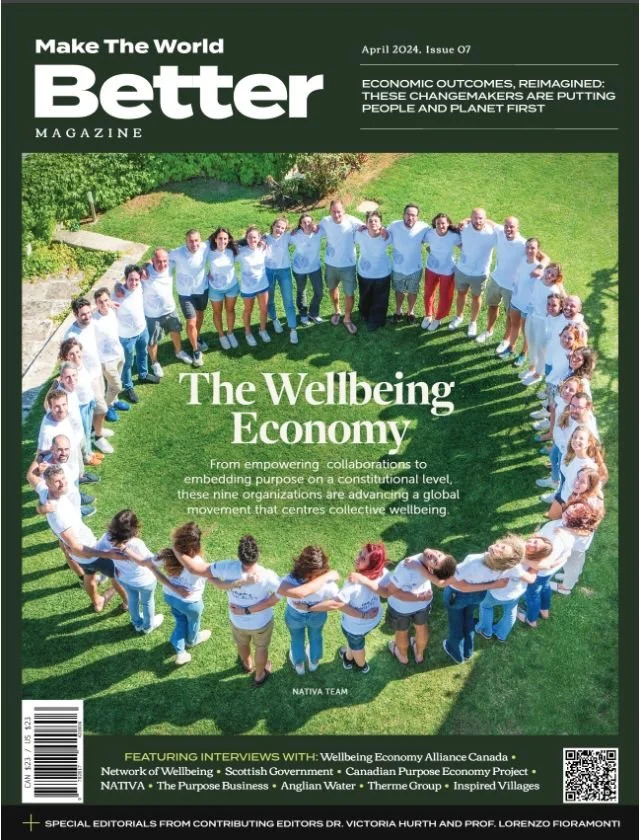Creating your waste management strategy
Businesses have the responsibility to implement waste management solutions. Throughout the stages of a product or service life cycle, waste is generated at various levels of impact. TPB’s Waste Wheel can help you identify how your company can improve its waste impact.
“Waste is a large and intractable problem,” reflects TPB Sustainability Advisor, Carissa Pobre, “and the Waste Wheel is a powerful tool that stimulates rich conversations by going deeper into the system affecting each stage of the product or service lifecycle. For example, investigations can focus on waste in production, disposal, or another stage where impacts are more material, and therefore where the business would like to invest more.
“The analysis helps clients understand that the system is larger than any one component, and TPB’s Waste Wheel helps articulate concrete steps towards improvement and their sustainability goals.”
For example: during production, managing waste impacts means being clever about your procurement policies, where you can eliminate extra packaging or incorporate alternative input material. Consumption can also be managed in various ways—for instance, in the form of plastic bans (such as this proposed ban on plastic straws and stirrers) or company-wide practices to reduce single-use plastic in the workplace. At disposal stage, proper waste segregation is standard business practice but will only become more stringent as the waste issue escalates. At collection stage, the extent of managing waste can be anywhere from community-wide beach clean-ups to creating secondary markets for recyclable materials. Finally, in closing the loop, businesses can seize opportunities in new solutions like recycling mechanisms to create a truly sustainable strategy.
TPB works with companies to identify and define which stage of a product’s lifecycle they would have the most control, and therefore the most impact, on waste reduction. For businesses, it’s about defining your impact: at which stage/s will your company invest more, given the actual impacts of your operations? Having a waste management strategy is about defining practical steps that’s built around your needs. How does your company want to affect change?





